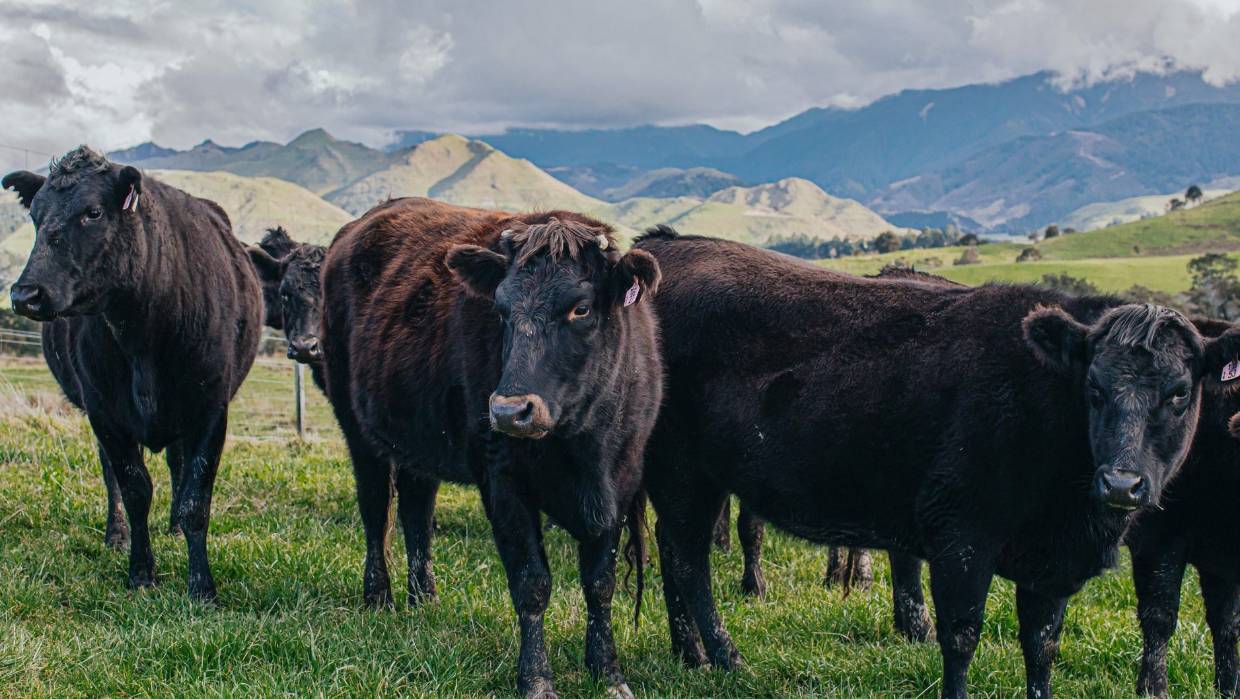
First Light beef is bred using Wagyu genetics crossed with either New Zealand dairy cows or Angus dams.
Wagyu beef produced by a New Zealand company is sought after by America’s rich.
An elite subscription-based buyers club of high net worth Americans, called The Steak Club, sees prime cuts of New Zealand reared grass-fed wagyu delivered directly to them.
The club has around 200 members across the United States who pay hundreds of dollars a kilogram for the beef. Sales of First Light wagyu beef are made through an app, and managing director Gerard Hickey says there are around 80 people on the waiting list. With time he thinks it could grow to reach 2000 customers.
“They want something special and they’re willing to pay a lot of money. Every month we put aside our highest marbled beef and deliver it to their door,” he said.
The beef is unique because wagyu is traditionally grain fed, but the Hawke’s Bay company in partnership with the Ministry for Primary Industries (MPI) and Brownrigg Agricultural Group have developed a grass-fed wagyu beef reared on over 400 farms across the country.
The Marbled Grass-Fed Beef programme, which started in 2012 and finished late last year, aimed to capitalise on growing global demand for high-quality, humanely raised grass-fed beef.
The programme worked to shorten the supply chain to reach overseas customers and put boots on the ground in key markets. First Light has offices in the US, United Kingdom, France and the United Arab Emirates.
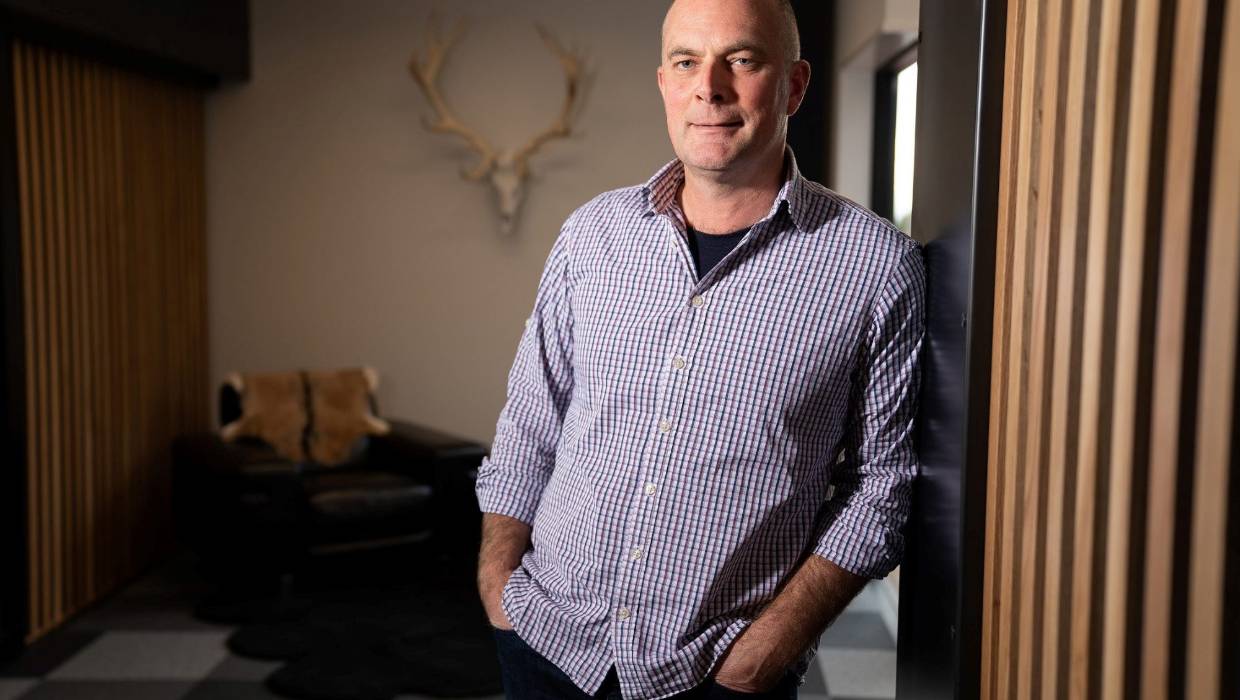
Gerard Hickey, managing director of First Light says there’s high demand for sustainably produced, GMO, hormone and antibiotic free beef.
The Japanese breed is famed for its marbling and flavour but the programme developed a new beef product using 100 per cent wagyu genetics crossed with New Zealand dairy cows and Angus dams to produce cattle with 50 percent wagyu genetics grown solely on grass.
The genetics were provided by Brownrigg, which has a 100 per cent full blood wagyu stud herd.
The seven year partnership saw MPI sink $11 million into developing the premium product and marketing it overseas, selling it on its GMO, hormone and antibiotic free credentials.
“It’s a push back to industrialised meat production,” Hickey said.
Another $12m came from the two partners.

Forbes heaped praise on First Light wagyu last year, calling the New Zealand product “the best beef in the world.”
MPI investment director Steve Penno said the programme was on track to achieve its long-term goal of developing a more sustainable prime beef industry.
“Future opportunities to build on include attracting new suppliers, exploring new overseas markets, and continuing to explore ways to get maximum value from the whole carcass,” he said.
Dairy farmers have benefited from increased return from the reduction in the number of bobby calves, which are reared instead to produce wagyu beef.
Last year dairy breeders were getting around $200 per calf compared to $30 for a bobby calf, Hickey said said
The company was focussed on sourcing enough calves to meet market demand.
“Around 22,000 calves were born last year and we’re expecting to grow that number to 30,000 in the future,” he said.
The beef has won awards, and was named the world’s best by Forbes magazine last year. It’s available in 700 stores in New Zealand and the US, where it’s sold by independent retailers.
The range available in New Zealand includes added value items like burgers and sausages, but demand for the steak was also growing, Hickey said. The beef is sold at Countdown and New World supermarkets.



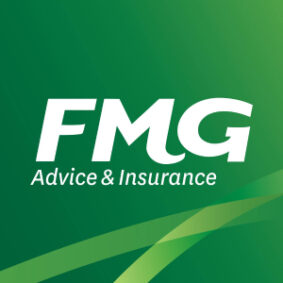
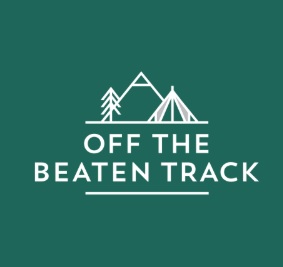






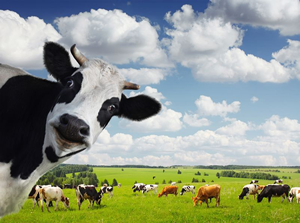
Discussion